Unlike many of its circuit siblings, the Glasgow Film Festival does not have the word ‘International’ in its title – but, for all its commitment to supporting local Scottish filmmaking, this is also a very outward-looking and cosmopolitan event. Here is a selection of seven films from GFF 2022 that were made in countries other than the UK and US, and are (largely) in languages other than English – including one from this year’s special African Stories strand.
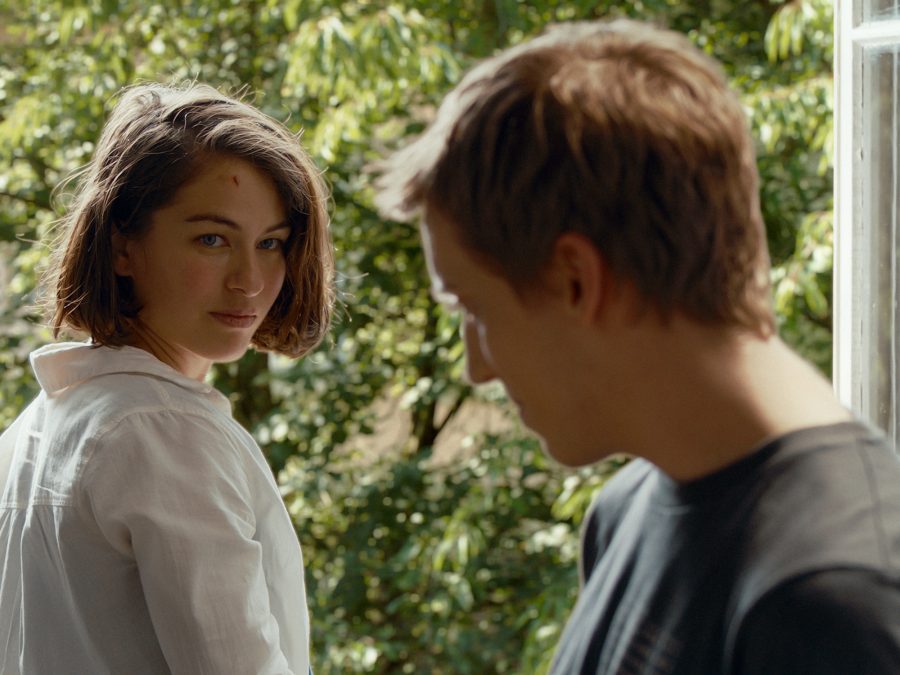
1. The Girl and the Spider (Das Mädchen und die Spinne, 2021)
From Swiss twins Ramon and Silvan Zürcher, this bright, breezy and eccentric feature is a film of two apartments, and the aching gap between them. As Lisa (Liliane Amuat) moves on to a new place, leaving behind her flatmate Mara (Henriette Confurius), the transitional process, involving a flurry of packing and cleaning with help from neighbours, family and hired help, has everyone looking backwards, forwards and at each other. Amid all these gazes, some desirous, some jealous, there is much longing, but also loss, as the distracted Mara slowly comes to terms with the disappearance of her social web.
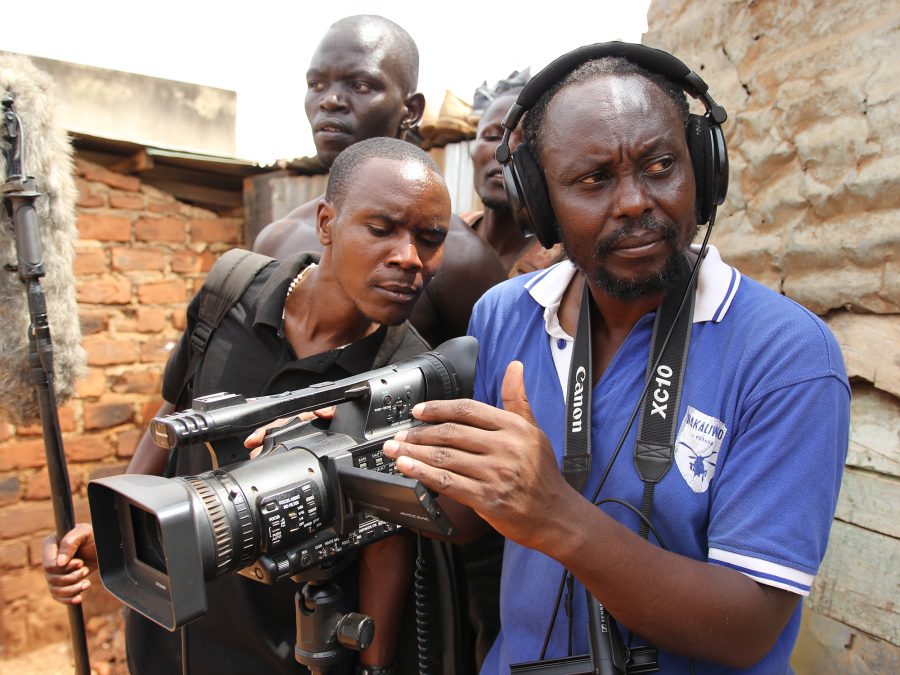
2. Once Upon A Time In Uganda (2021)
Cathryne Czubek and Hugo Perez’s documentary restages an odd-couple brotherhood: Ugandan brickmaker and self-taught filmmaker Isaac Nabwana who has transformed the ghetto of Wakaliga into a cottage industry for no-budget comic action cinema; and New Yorker Alan Hofmanis, drawn into ‘Wakaliwood’ after seeing an online trailer for one of Isaac’s many home-made movies. Together they work to get Isaac’s extensive oeuvre some international attention, and maybe even some money, while inventing what Alan terms the ‘beating-up-the-white-guy genre’. In this love letter to ‘outsider’ DIY filmmaking, cannibals will kung-fu and heads will explode.
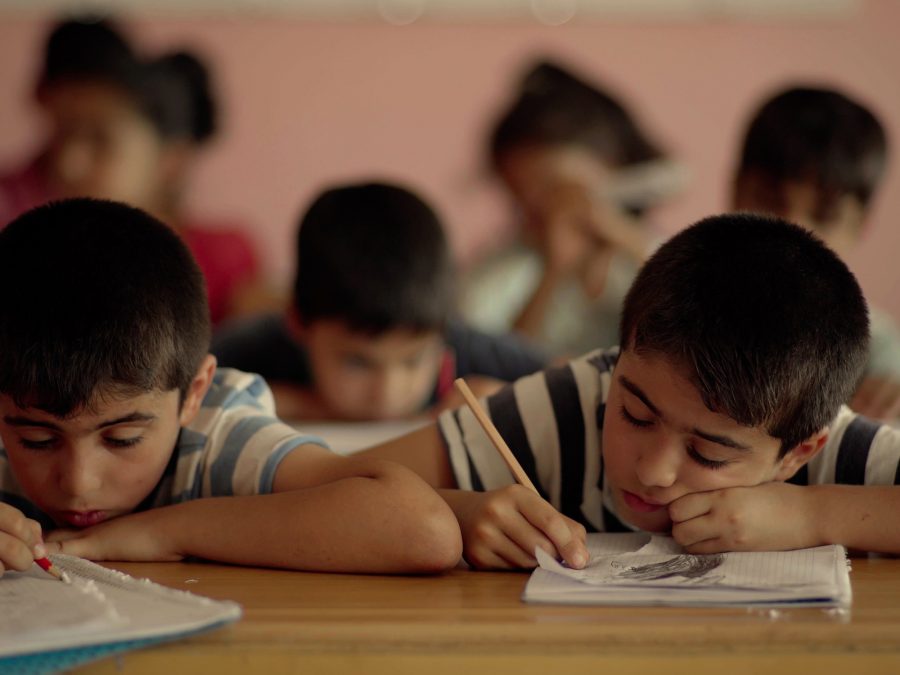
3. Time of Impatience (Sabirsizlik zamani, 2021)
Writer/director Aydin Orak tells a bittersweet tale of young twin brothers, and of a two-tiered society. Mirza and Mirhat (Mirza and Mirhat Zarg) live with their father (an autodidact labourer), mother and sister in the impoverished, largely Kurdish Lower Neighbourhood of a Turkish city, while finding themselves excluded from the Upper Neighbourhood’s swimming pool by a club-wielding security guard who is also their neighbour. Over a long hot summer, the boys will try to get in, while learning lessons – from their father, and a teacher, and life – about the universality of the social injustice that they experience and attempt, radically if vainly, to resist.
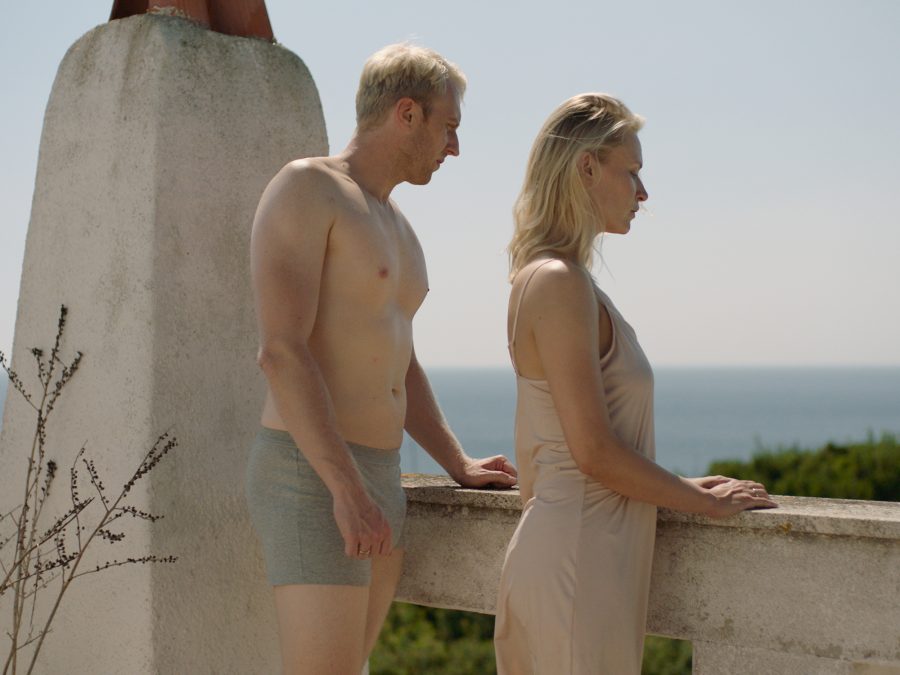
4. Silent Land (Cicha ziemia, 2021)
“It’s broken” are the first words spoken in Agnieszka Woszczynska’s feature debut, as Adam (Dobromir Dymecki) describes to his wife Anna (Agnieszka Zulewska) the state of an electric fan in their luxury rented villa. While vacationing on an Italian island, this privileged young Polish couple responds to a Force Majeure-like accident with amoral selfishness, and then must live with themselves – and each other – as guilt and shame keep bobbing back to the surface. Unfolding with Haneke-an aloofness, this is a chilling portrait of a marriage that does not even know yet that it’s broken.
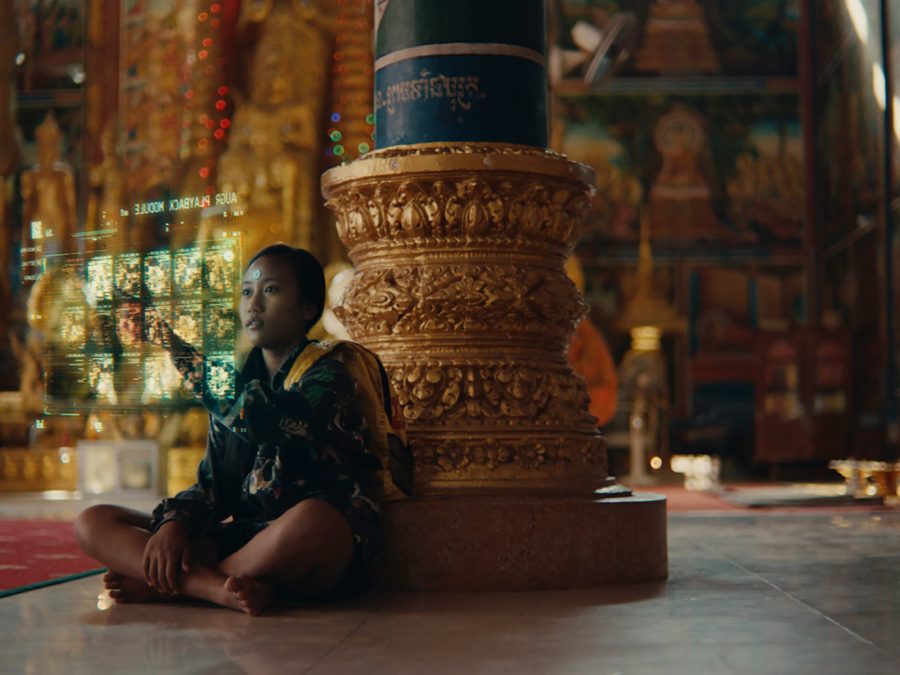
5. Karmalink (2021)
“I’m just helping Leng Heng sort out his past lives,” says resourceful orphan detective Srey Leak, as she joins the young boy on a treasure hunt for a golden Buddha statuette, buried as much in his memories as in the earth, on the shifting margins of a future Phnom Penh. Like Kim Jee-woon’s short film The Heavenly Creature (2012), Jake Wachtel’s neon-lit feature explores the murky intersection of enlightenment and artificial intelligence, as the concepts of reincarnation and karma are given new expression in an era when dreams can be electronically visualised, memories of past lives recorded, and consciousness digitally transferred.
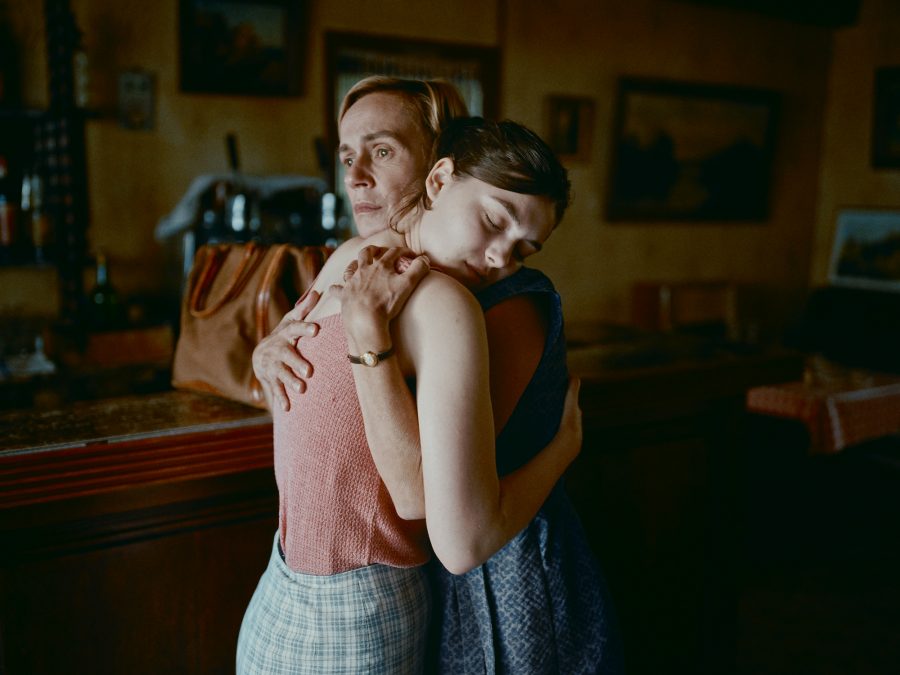
6. Happening (L’événement, 2021)
Audrey Diwan’s feature is presented in Academy ratio a format already long out of fashion in the early Sixties when it is set, but capturing the narrowing horizons of protagonist Anne (Anamaria Vartolomei). A bright, promising student with a real chance to escape her provincial working-class roots, Anne finds herself with “the illness that only strikes women, and turns them into housewives” at a time when abortion was strictly outlawed. “You have no choice,” a doctor tells her, as the film, calibrated in passing weeks, closely tracks Anne’s efforts – greatly circumscribed and increasingly desperate – to choose her own future.
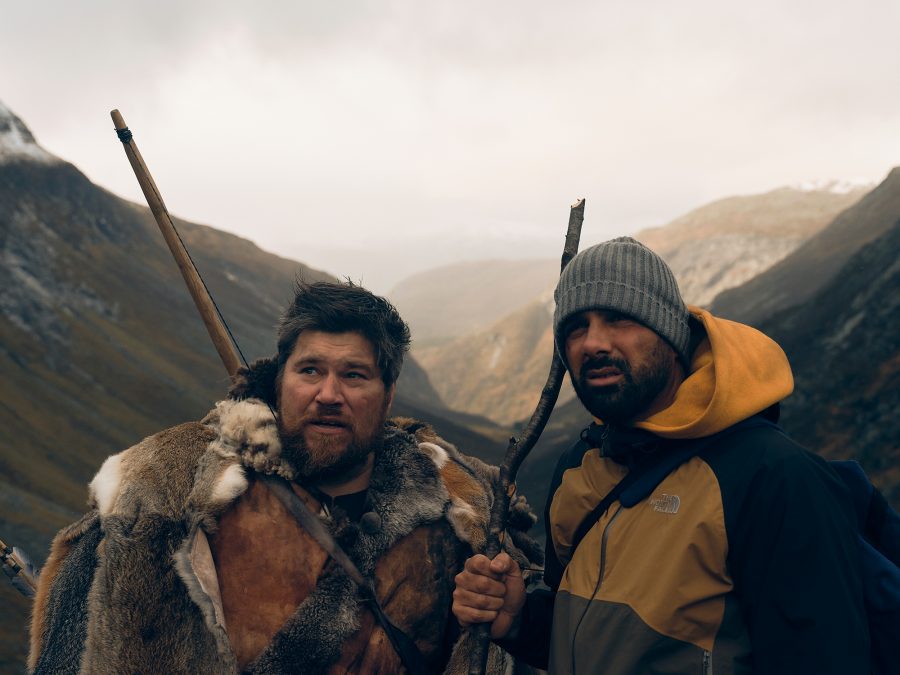
7. Wild Men (Vildmænd, 2021)
Thomas Daneskov’s film begins with a man crying. Martin (Rasmus Bjerg) is sat on a mountain, dressed in animal skins and armed with a bow, but he is not the actual Viking he would like to be, but a modern-day working husband and father suffering a midlife crisis (of masculinity), and in flight from his regular Danish life to the Norwegian fjords. When he meets the similarly fugitive Danish drug dealer Musa (Zaki Youssef), and both are pursued by lonely cop Øyvind (Bjørn Sundquist) and Musa’s vicious colleagues, wild Coen-esque caper comedy ensues – but the pervasive air of sadness from the beginning never quite leaves these simple men.
The post Seven glimpses outward from the Glasgow Film Festival 2022 appeared first on Little White Lies.
from Little White Lies https://ift.tt/reVObPx
via IFTTT

0 Comments